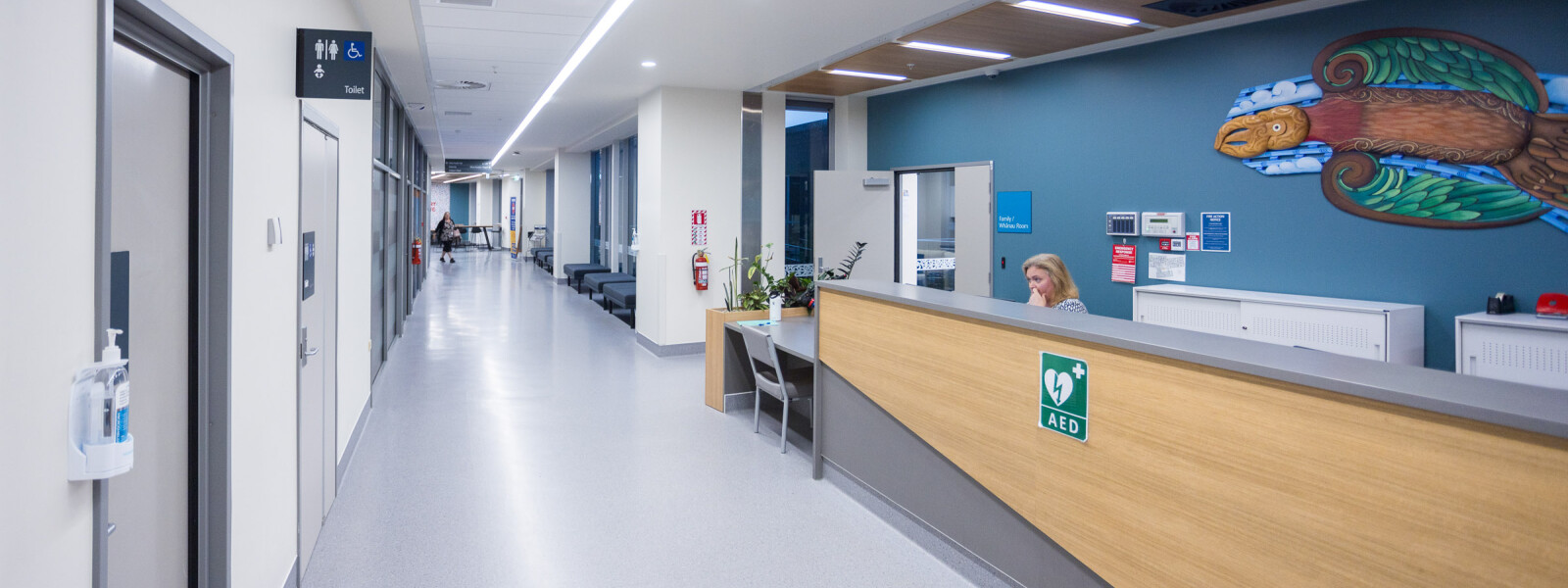Health care scams are on the rise - here are some ways to stay vigilant to protect yourself.
- Never provide unknown callers any personal information. If you think the call or email is suspicious, call your GP practice to verify whether the call is real.
- Ka Ora will never call you to verbally request credit card information.
How do patients pay for Ka Ora?
On the next business day following the consult, patients get an email with an invoice and instructions on how to pay via credit card or bank transfer. They will also get a payment link via SMS to their primary mobile number. If they don’t have an email, then it gets posted to them.
Red flags for scams
- Were you expecting this email? An email about a follow-up appointment or a text message about making a payment for a recent visit when you haven’t had a recent provider visit should raise a red flag.
- Beware of urgency. If the message is trying to get you to do something quickly, this is also a red flag.
If you think you have been scammed, report it to your bank immediately and to Netsafe’s website Submit a request – Netsafe, Freephone: 0508 638 723. Netsafe will get back to you with advice and may also pass your report to another agency, such as the police.
